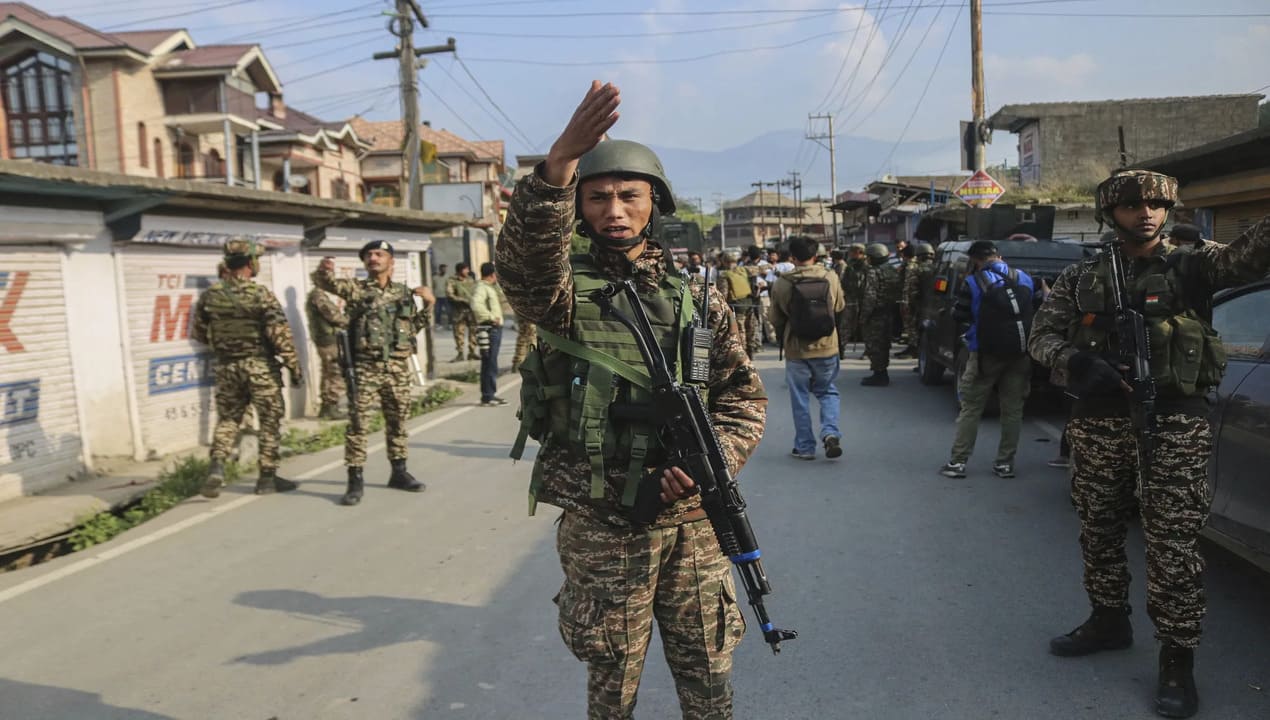
Independent Report – The recent conflict between India Pakistan has raised global concerns, including in Indonesia. Although geographically distant, this large-scale conflict has the potential to significantly impact Indonesia’s economy, particularly in the export sector of key commodities. The main question is: what will the impacts be, who will be affected, where will these impacts be felt, when will they manifest, why do these impacts occur, and how can Indonesia manage them?
Dave Laksono, a member of the Indonesian House of Representatives’ Commission I, emphasized the economic consequences of this conflict for Indonesia. He stated, “Any conflict will undoubtedly have a negative impact on both the regional and Indonesian economy, considering that India and Pakistan are significant trading partners for Indonesia across various sectors.” He further added that tensions in the region would affect Indonesia’s trade and economic growth. Therefore, Indonesia must prioritize peace and diplomacy to resolve the conflict.
While the direct impact may not be as severe for Indonesia as it would be for neighboring countries, the indirect consequences cannot be ignored. A decline in exports of key commodities like coal and palm oil presents a real threat to the Indonesian economy. Disruptions in global supply chains could also drive up logistics costs and trigger inflation. This situation forces Indonesia to reassess its economic strategies and foreign policies.
India is one of Indonesia’s largest coal export markets, and this conflict has led to a diversion of India’s budget to defense, reducing its demand for imported coal, including from Indonesia. Data shows a significant decline in coal exports to India, with a 31.42% decrease in March 2025 compared to the same period the previous year. This decline also affects exports of palm oil (CPO) to India and Pakistan, both important export markets for Indonesia.
Also Read : The Regent of Indramayu: Politics and Ministry Sanction
The reduction in demand caused by the conflict negatively impacts the performance of these export sectors. Indonesia needs to seek alternative markets to reduce its reliance on India and Pakistan. Diversifying export markets has become an essential strategy to address this situation.
Additionally, Pakistan has also reduced its coal imports from Indonesia, not due to the conflict, but due to government policies that promote the use of domestic coal. This highlights the importance of Indonesia continuously improving its product competitiveness in global markets.
The India Pakistan conflict has the potential to disrupt global supply chains, leading to increased logistics costs and sparking inflation. Rising global oil prices are also a possibility, as both countries are major energy consumers. This would negatively affect Indonesia as an oil-importing country.
The Indonesian government needs to monitor global oil price developments and take measures to mitigate the negative impact on the national economy. These measures could include subsidies or price regulation for fuel.
Geopolitical tensions could also drive up global gold prices, which would affect the weakening of the rupiah and increase the cost of gold in Indonesia. These developments need to be anticipated with appropriate monetary policies.
The conflict may also heighten investment risk perceptions, causing foreign investors to seek more stable alternatives in other countries. This could lead to a decline in Foreign Direct Investment (FDI), which would negatively affect Indonesia’s economic growth.
The government needs to intensify efforts to attract foreign investment by creating a conducive investment climate and offering incentives to investors. Transparency and legal certainty are key to attracting foreign capital.
Although Indonesia’s trade with Pakistan is relatively small, the indirect effects of the conflict on Indonesia’s economy should still be carefully monitored. The government must take proactive steps to minimize risks, such as diversifying export markets and strengthening national economic resilience.
In conclusion, the India Pakistan conflict poses a real threat to Indonesia’s economy, particularly in key export sectors like coal and palm oil. The government needs to take anticipatory actions to minimize these risks and enhance the nation’s economic resilience. While the direct impact may not be as severe as for neighboring countries, the indirect effects still require attention and the implementation of effective mitigation strategies.
Also Read : Facts about Music Spirituality: Emotional and Spiritual Experience Connection